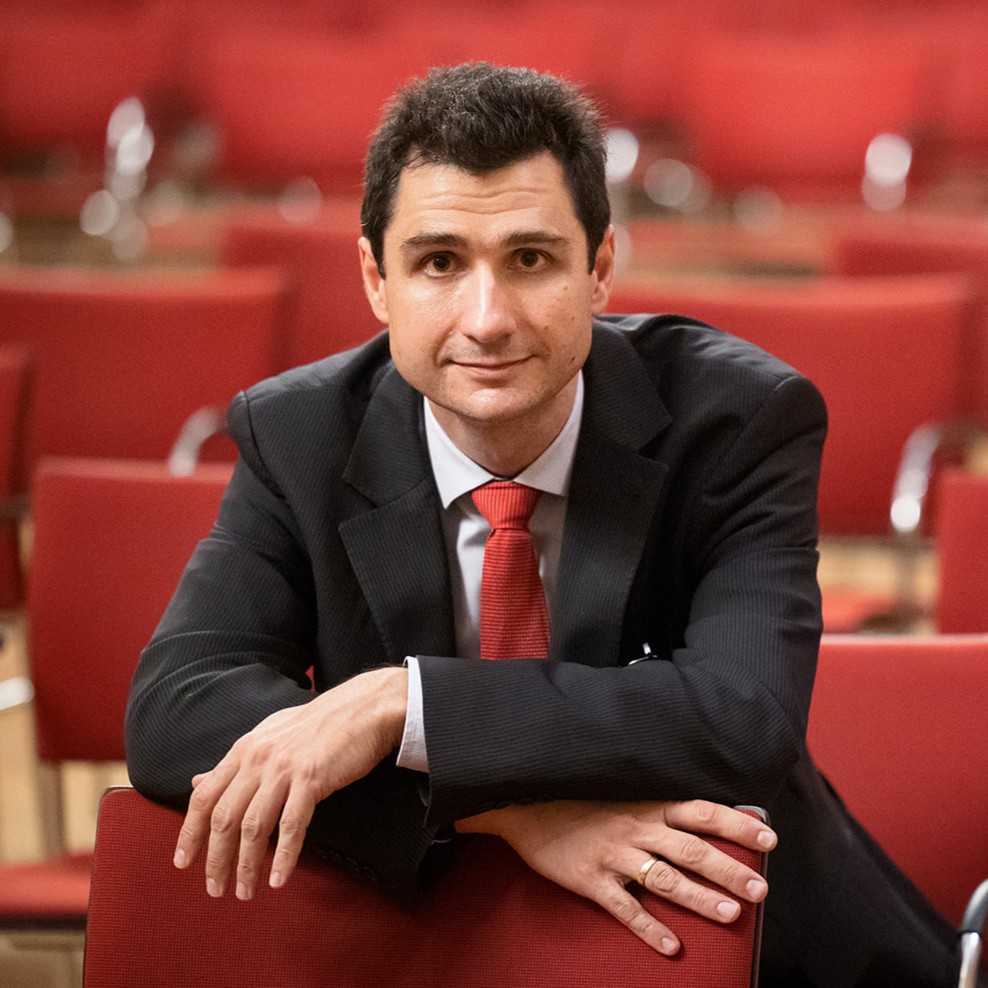The programme
As the implementation of the EU HTA Regulation moves forward, gaining clarity on how joint clinical assessments and other core components will be applied in practice is increasingly important. This workshop brought together legal experts, academics, industry leaders, and HTA practitioners from across Europe to explore the evolving HTA landscape. Discussions highlighted key challenges and practical strategies for preparing for EU-wide Joint Clinical Assessments (JCAs).
| Introduction to the HTA Regulation Diane Bandon-Tourret, LexCase (France) |
| Member States’ Obligations Under Article 13 of the HTA Regulation Dr Gisela Ernst & Prof Karl Stöger, University of Vienna (Austria) |
| First hand experiences from practical work on preparing a JCA dossier – Do’s and Dont’s Dr Thomas Ecker, Ecker + Ecker (Germany) |
| From Law to Practice: legal ambiguities and practical challenges for health technology developers – insights from an industry perspective Jennifer Ulbrich, Roche (Switzerland) |
| Open Discussion + Q&A |
| Closing Remarks |
Key takeaways:
Diane Bandon-Tourret opened the workshop with a clear overview of the HTA regulation, its objectives, phased implementation timeline, and how it transforms the current process. She highlighted the shift from national to joint assessments, explaining what’s changing and why, thus setting the stage of the workshop.
Dr Gisela Ernst & Prof Karl Stöger explored the nuance of Article 13, highlighting that national HTA bodies are only bound to consider JCAs if they conduct a national HTA. However, JCA reports, as robust scientific evaluations, may strongly influence national decisions due to legal principles requiring alignment with the “state of science.” A thoughtful and important discussion on the interplay between EU-level science and national law.
Dr Thomas Ecker shared lessons from practical JCA dossier development. He emphasised starting early, anticipating PICOs and evidence needs before pivotal trials. He also stressed the importance of defining roles and responsibilities, testing internal processes, engaging affiliates with purpose, and investing in scalable systems that meet both EU and national HTA demands.
Jennifer Ulbrich gave voice to many health technology developers by outlining current pain points: unpredictable timelines, unclear PICO requirements, limited HTD involvement, and misalignments between JCA evidence expectations and the nature of emerging therapies. Her presentation underscored the need for greater transparency, dialogue, and regulatory clarity as implementation proceeds.
The HTA Regulation represents a major shift in the EU’s approach to health technology evaluation. While progress is underway, continued collaboration among all stakeholders is essential to ensure a balanced, science-based, and practical implementation.




